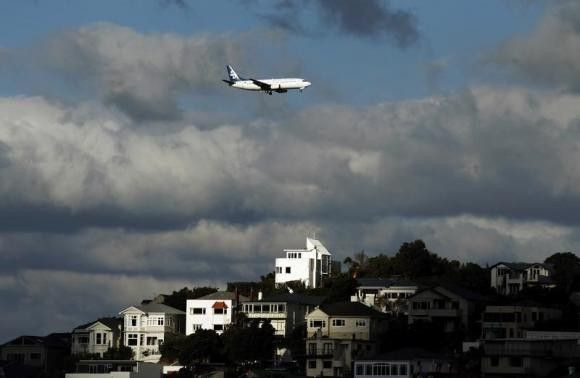Climate Change Causes Long Droughts in New Zealand; Economy Loses $1.3 Billion

New Zealand scientists have analysed the climate models in extreme weather events in 2013 which reduced the country's economy by $1.3 billion. According to the National Institute for Water and Atmospheric Research scientist Sam Dean, human activity played a significant role in New Zealand's prolonged drought.
With the help of colleagues from NIWA and Victoria University, Dean used computer models to compare climate change in New Zealand, reports Stuff.co.nz. They also made a simulation of the world without the presence of man-made greenhouse gas emissions in the atmosphere. Dean said the drought was "more intense" than it should have been without climate change. Their analysis showed that greenhouse gases and the ozone hole heightened the effects of high-pressure systems brought by dry weather.
Climate models revealed climate change increased the number of dry days to 78 with no rainfall in North Island in 2013. Dean declared that climate change is affecting New Zealand's droughts and rainfall.
Reports said the country spent $800,000 on rural assistance. Climate Change Issues Minister Tim Groser has declined to comment further but only said in a statement that New Zealand can adapt to climate change. He said the government can provide advice to businesses especially those in agriculture industry to deal with climate change.
New Zealand's Green Party climate change spokesperson Kennedy Graham said the study should be viewed as a "wake-up" call for the government. Graham said the drought in 2013 had cost the economy billions of dollars, but the government had chosen to "sit on its hands over climate change."
He said New Zealand's net emissions have climbed 20 percent since National took control of government in 2008. Graham believes the National government has "failed" the people on climate change. He warned that unless the Key government changes its strategy, New Zealand may suffer the fallout of extreme weather events.
On Sept. 9, the World Meteorological Organisation released a report about the greenhouse gases in the atmosphere reaching a new record high in 2013. The Unite Nations body based in Geneva found an increase in carbon dioxide levels from 2012 and 2013.





















